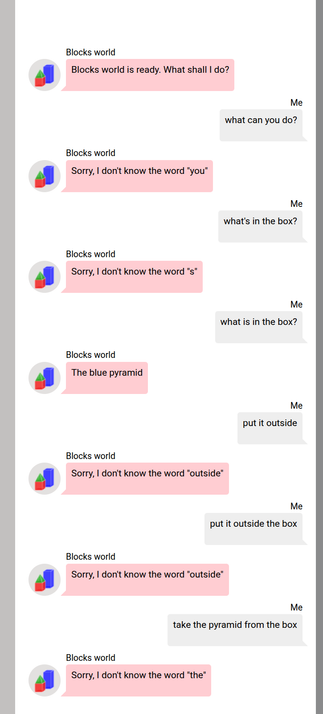five years from now, the term "artificial intelligence" will refer to an entirely different technology
we don't know what it is, but it will be something mostly unrelated to the stuff that has that name today
we say this with confidence because that has consistently been the case every few years since the term was coined in 1956
as soon as everyone understands the latest fad, it feels obvious that it has nothing to do with "intelligence", and we all stop calling it that



